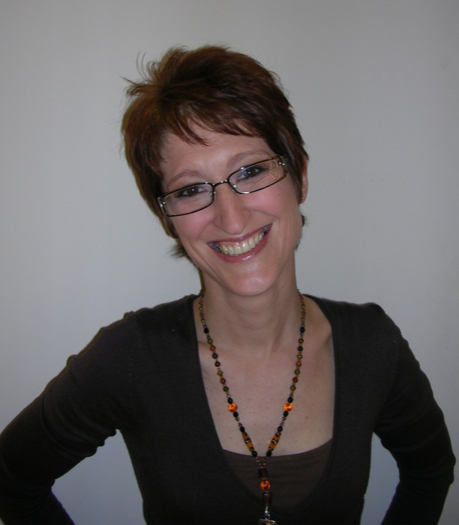
Tonight I put the finishing touches on my final project, thanks to some handy hints by our friend, Peter the Agent - who else can rely upon a literary agent for writing advise, eh?
And he was brilliantly supportive and praise-giving too - which, as everyone who's a client of his will tell you, is something he doesn't often do (the praise-giving that is, not being brilliantly supportive - Peter is always that, he's just also clear, concise and honest, which means the writers in his stable are always under pressure to write better than they do).
I want to share his wonderful words... most especially because this is the precipice I've been straining to reach, and from up here I can now see the valley of work laid out before me. And it's nice to offset the one-sided angst I've ridden out on this blog.
So, a couple of months ago I pitched an adult fairytale - face to face (now, who else gets to do that with a literary agent), with the following encouraging words (that should also help you, dear reader):
I've had a good think about this - it's extraordinary. It's deeply creative. It feels epic and archetypal.Imagine my excitement at such a response.
Enough of the praise - most people know that I hardly ever give any.
My checklist:
Could I sell it (sorry, but I'm an agent...) probably not. Not easy to define the market. Not easy to conceptualize for the inevitable elevator pitch, and therefore, not a calling-card book to announce a new writing talent.
How did I feel after reading it? And by extension, how will publishers?
Impressed certainly, but not sufficiently involved. It's a quality piece of writing and creation, no question, but it lacks the requisite degree of emotional involvement. The kind of ms you get fantastic rejections letters about. "I didn't quite love it enough..." It's not quite connecting down there, viscerally.
Advice / suggestions? I didn't catch your voice here. I'm aware of a brilliantly fertile mind scheming away behind the scenes. I'm not aware of who you are, your passion, your essence. It feels a bit like a writing exercise, something intended to show off your creationary brilliance. Maybe a bit too calculating and cold-blooded. I would willingly trade a lot of that sparkling creativity for some authentic voice and zeal. I suspect a lot of that has been slowly edited away.
I'd focus on developing that, actually. Finding your voice can take time, can't be forced. Can be accelerated by the right project, something you have no choice but to write.
You may have got to the point of diminishing returns on this. What are your priorities as a writer at this moment? Developing this -or developing yourself? The two may not be the same.
Anyhoo, as you all know by now, my final project has engaged me in plotting and writing the open to a Young Adult novel which is essentially Noughts and Crosses meets Harry Potter. The pitch to Agent Pete produced this response:
I really like this. Good style & pace, very page-turning. Nicely odd, too.Yippee. So, while I thought this project would end here with the final project and I'm to move onto pastures new, it actually has legs.
Only a few minor points, nothing major or structural.
Nicely disturbing! Feels surreal, very engrossing.
Nice Lynchian imagery, very powerful.
Basically, I think it’s great – there’s a maturity, assurance and control about it that impresses me. Your writing has very clearly developed. Congrats, and keep it coming!
I've been writing towards this for 12 years now, 6 of those with Litopia holding my hand. Hold in there people, keep reading, keep writing, and keep learning.
If I can get this kind of response, then you can too. It just takes time and commitment. Anyone fancy a drink to celebrate?
PS: My big-big thanks to Peter for everything he's done to make Litopia such a supportive environment, and for giving me all these chances.



